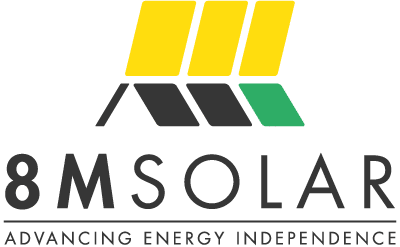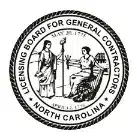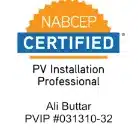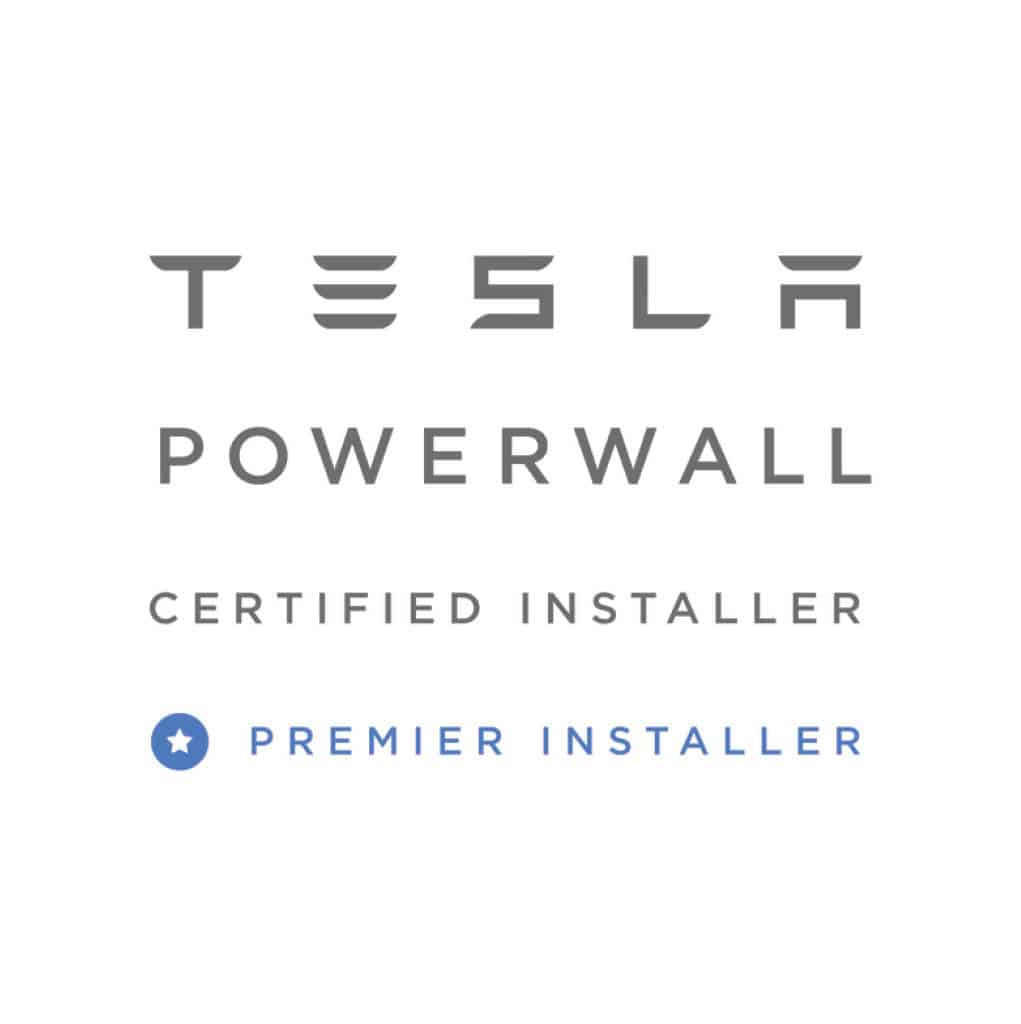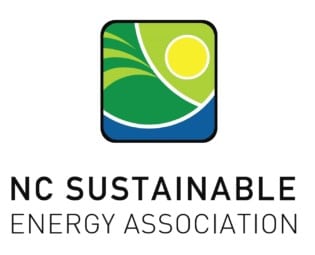Transferring Solar Panels to a New Owner
A study by Zillow Economic Research comparing similar homes has shown that homes with solar energy installations tend to sell for an average of 4.1% more than those without. The growing demand for solar systems and the strengthening trust among homeowners in solar technology is a positive trend to be supported wholeheartedly. The process of securing solar warranty coverage has become streamlined, casting a positive light on the enthusiasm for solar power across the board.
When buying or selling a home with an existing solar power setup, there are several factors to consider that can affect the transaction and the long-term benefits for both parties. Understanding the details of the solar system is crucial for both the buyer and the seller, ensuring a smooth and transparent process.
For sellers, it’s important to gather essential information about the solar panels, like the ownership status, the manufacturer, and the operational status of the system. Knowing if the system is fully paid off or financed is particularly important, as this will determine whether the buyer assumes responsibility for any remaining payments or takes over the system outright. In addition, sellers should be prepared to provide the solar system’s warranty details, including the remaining term and any transferability clauses that might affect the buyer.
For buyers, it’s important to assess the solar energy production data, because this will help to understand how well the system has been performing and how much savings it has been providing. An understanding of the energy production and consumption history will also give insight into potential future savings. The potential for adding battery storage to the system should be considered, as this can increase energy independence and offer backup power during outages.
The benefits of owning a home with solar power extend beyond just lower electricity bills. Solar panels can contribute to environmental protection by reducing carbon emissions, while offering health improvements through cleaner air. Solar energy also increases resilience in emergencies, as homeowners can rely on their systems during power outages, providing both safety and peace of mind. Furthermore, a home with solar panels can have higher property value, making it a more attractive investment in the long term.
This guide aims to assist both sellers and buyers in navigating the process of buying or selling a home with solar panels. It will cover critical questions to ask regarding the transfer of solar warranties, provide tips on evaluating the solar system’s performance, and outline steps for safeguarding the investment. With proper knowledge and preparation, the process of buying or selling a solar-powered home can be a rewarding experience for everyone involved.

Table of Contents
- Transferring Solar Panels to a New Owner
- Understanding the Transfer of Solar Panel Ownership
- Key Questions for Solar Home Buyers:
- Advantages of Selling a Home Equipped with Solar Panels
- Perks of Purchasing a Home with Solar Panels
- Potential Challenges When Acquiring or Disposing of a Home with Solar Panels
- Preparations for Selling a Home Outfitted with Solar Panels
- Showcasing Solar Benefits to Entice Homebuyers
- Understanding Solar Lease or PPA Transferability
- Ease of Warranty Transfers in Solar Sales
- Restrictions on Warranty Transfers
- Solar Ownership and the Market for Energy Independence
Understanding the Transfer of Solar Panel Ownership
Navigating the ownership transition of solar panels during a real estate transaction can be a smooth process, especially when the solar panels are fully owned. When there are no financing or lease agreements attached to the system, the transfer of ownership is relatively straightforward, creating a hassle-free handover of the solar system from seller to buyer.
In cases where the home comes with a leased solar energy system, the situation is slightly more complex, because the panels are typically owned by a third-party leasing company. For sellers, the objective is to successfully transfer the lease agreement to the new homeowner, ensuring that the buyer is comfortable assuming the lease terms. To facilitate this, sellers should highlight the benefits of the solar installation, such as savings on electricity bills and the environmental advantages of clean energy. It’s important to emphasize that the third-party owner is usually responsible for the maintenance of the solar system, which can be a major selling point for buyers. The new homeowner would only be responsible for regular cleaning and basic upkeep, making it a relatively low-maintenance system.
Here’s an overview of the typical process for transferring a solar lease during a real estate transaction:
- Transfer of Ownership Form: The homebuyer completes a transfer of ownership form, which is submitted to the solar company.
- Credit Application: The buyer submits a credit application to the solar company to ensure they meet the qualifications for assuming the lease.
- Credit Approval and Lease Transfer: Upon credit approval, the lease agreement is officially transferred to the new homeowner, who agrees to take on the remaining payments.
- Finalize Transfer: The seller and buyer finalize the transfer of ownership, and the new homeowner sets up the Automated Clearing House (ACH) payments for the solar lease.
- Interconnection Approval: The new homeowner must obtain approval for interconnection from the local utility company to ensure the system is properly integrated with the grid.
- Secured Loan Considerations: If the solar system is attached to a secured loan, this loan has to be paid off in full before the transfer can proceed. In the case of an unsecured loan, the seller can transfer the property, but remains liable for any outstanding loan balance.
Having this guide readily available during property transactions involving leased solar panels can prove invaluable for both buyers and sellers. Be sure to print out a copy, save a digital version, and share it with relevant parties to make sure that all critical questions are addressed and everyone involved is clear on the process.
Key Questions for Solar Home Buyers:
- Is the solar energy system under lease or is it owned outright?
- Which company manufactured the solar panels?
- Who was responsible for installing the system?
- What are the terms of the warranty, and is additional coverage an option?
- What is the capacity of the solar energy system?
- Does the utility offer net metering options for solar energy return?
Advantages of Selling a Home Equipped with Solar Panels
The allure of solar energy can vary greatly among individuals, with incentives driving their interest. When it comes time to put your property on the market, maximizing its value is always a top priority. Solar installations can be a factor in boosting property value. According to a study by Berkeley Lab, homes with solar power systems typically sell for an average of $15,000 more than those without.
Beyond the potential financial gain, installing a solar system can also speed up the sale process by as much as 20%. This speedier sale process benefits a wide range of stakeholders, including appraisers, real estate professionals, mortgage brokers, sellers, buyers, and even the environment. As fossil fuel costs continue to rise, the prospect of reduced or eliminated electricity expenses becomes an appealing selling point for potential buyers.
As the seller, you can highlight the financial savings you’ve enjoyed as a result of your solar investment, demonstrating the long-term cost reductions that come with renewable energy. The appeal of a smaller carbon footprint can resonate strongly with environmentally conscious buyers, further boosting the property’s attractiveness. This positions sellers in a favorable light, not only allowing them to potentially command a higher asking price but also increasing the likelihood of recouping their full investment in the solar installation.

Perks of Purchasing a Home with Solar Panels
On the flip side, as a homebuyer, purchasing a property with an existing solar system can offer significant energy cost savings. Not only will you benefit financially by lowering or eliminating monthly electricity bills, but you’ll also be contributing to environmental preservation by reducing your carbon emissions and decreasing reliance on fossil fuels.
The stability that solar energy offers is becoming increasingly important as extreme weather events disrupt energy infrastructure and as energy prices continue to rise. By investing in a home with solar power, particularly when coupled with battery storage, you’re gaining an advantage in terms of energy independence and resilience. This self-reliance ensures that you have access to an energy supply even during power outages, making solar-powered homes more attractive.
As electric vehicles (EVs) continue to grow in popularity and fuel prices surge, the ability to charge your EV at home using solar power adds another layer of appeal. With solar energy, you can reduce the cost of vehicle charging, further maximizing the savings from your solar investment.
Whether your home features just solar panels or includes a full system with battery storage and an EV charging station, it’s essential to ensure that a robust warranty backs your setup. This will help protect your investment and ensure that you can enjoy the benefits of solar energy for years to come, giving you peace of mind as you embrace a more sustainable lifestyle.
Potential Challenges When Acquiring or Disposing of a Home with Solar Panels
When considering a home with solar panels, there are several potential complications to be aware of. One major concern is the transferability and terms of the solar warranty—some warranties may not transfer to the new owner, or there might be fees involved. Additionally, the condition of the solar panels can pose a problem; if they are damaged or functioning poorly, this could be a drawback. The implications of a leased solar system are also crucial to understand, as they vary depending on the lease or loan terms, such as those under a Property-Assessed Clean Energy (PACE) agreement or a Power Purchase Agreement (PPA). It’s vital to have a clear understanding of any financial obligations and warranty specifics associated with the system.
While investing in solar energy can be advantageous, it’s important to scrutinize the specifics of the solar setup you’re inheriting. The condition of the panels should be assessed by a home inspector, and a thorough maintenance history should be obtained to ensure you’re making a well-informed purchase.
Preparations for Selling a Home Outfitted with Solar Panels
When preparing to sell your home, especially for the first time, there’s a considerable amount to keep track of. If your home includes a solar power system, additional preparation is necessary to facilitate a smoother sale. Being ready to provide detailed responses to potential buyers about the solar installation is crucial for enabling them to make an informed choice. It’s also beneficial to compile a list of environmental and economic advantages, supported by your energy bill data, to engage and excite prospective buyers about the benefits of solar energy.
Consider these solar energy facts that could interest buyers:
- Owning a solar system for a year is environmentally equivalent to planting 150 trees.
- Solar energy contributes to overall air purity.
- It enhances air quality in densely populated areas, which are often plagued by environmental pollution.
- Solar energy usage can lead to a marked decrease in respiratory and cardiovascular health problems due to cleaner air.
- Homeowners can experience a reduction in their monthly energy expenses by 70%-100%, depending on the efficiency and size of their solar system.
Showcasing Solar Benefits to Entice Homebuyers
Highlighting the benefits of solar panels can significantly enhance the appeal of your home to potential buyers, especially those interested in energy autonomy and long-term savings—attributes that are increasingly relevant with rising energy costs and the prevalence of electric vehicles (EVs).
Before listing your solar-equipped home, consider this checklist to position your sale for success:
- Disclose the installer’s identity. A reputable installation company’s track record can be a strong selling point, so make sure to highlight this to your buyers and instruct your real estate agents to leverage this detail.
- Present a detailed maintenance history. Assure prospective buyers of the system’s condition by providing a thorough maintenance record, showing that the system has been well-cared-for.
- Clarify the solar system’s ownership status. If your system is leased, buyers will appreciate knowing the buyout options or lease transfer procedures, simplifying the sales process.
Understanding Solar Lease or PPA Transferability
For homes utilizing a Power Purchase Agreement (PPA), buyers should inquire about buyout options and ownership transfer terms, which often require a 7-10 year period before a buyout is possible.
Ideally, outright ownership of the solar system is preferable, allowing for tax benefits and minimizing risk. However, warranties associated with PPA agreements may have transfer limitations.
Ease of Warranty Transfers in Solar Sales
When purchasing a solar system, engage in a thorough conversation with the installer regarding the warranty. Understand the implications for warranty transfer upon the sale of your home, as processes vary between owned and leased systems.
Restrictions on Warranty Transfers
Selling a home with a fully paid-off solar system typically allows for a straightforward warranty transfer to new owners. It’s important to confirm the process with your solar warranty provider as lease agreements may come with specific transfer restrictions.

Solar Ownership and the Market for Energy Independence
As battery storage technology advances, homeowners are increasingly managing their own energy needs. Ensuring your solar system is well-maintained and protected is crucial for its longevity and for presenting it as an attractive feature to buyers.
When selling, your role includes educating potential buyers about the solar system and warranty specifics to facilitate a smooth transition. Buyers aim to make informed decisions, minimizing risk and optimizing the numerous benefits solar energy provides.
If you are looking for a North Carolina solar installation company, let 8MSolar help you with all your solar questions and needs.
